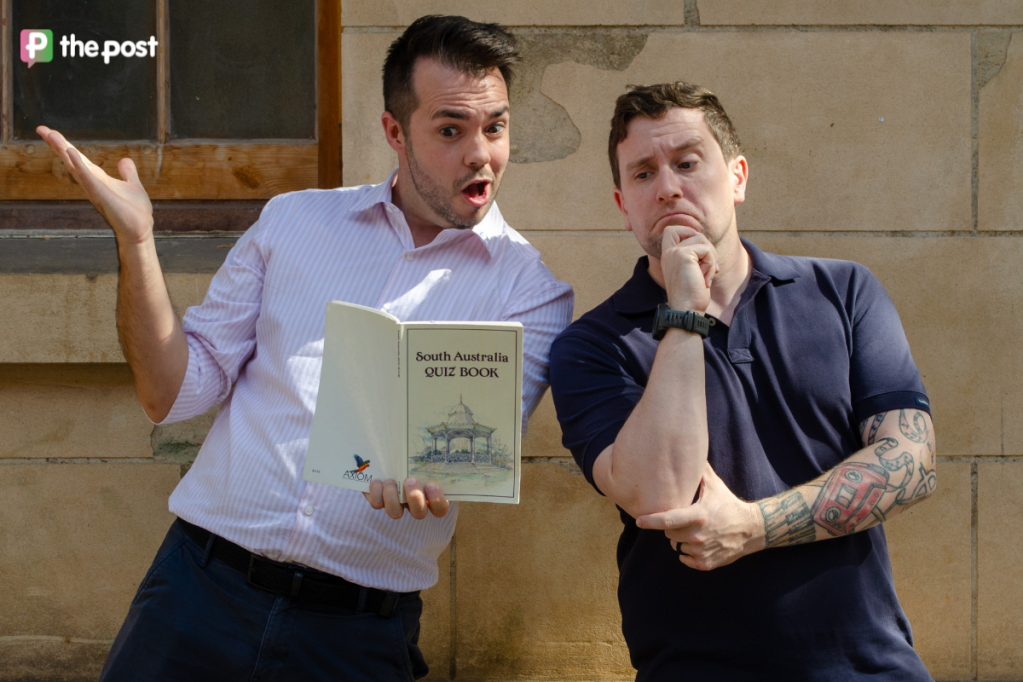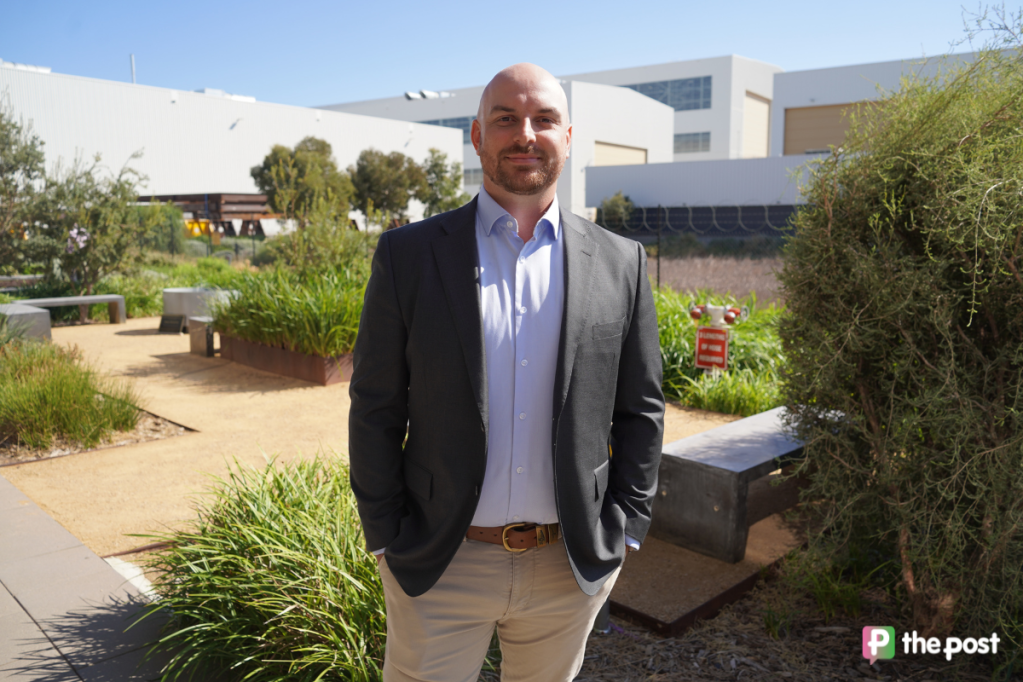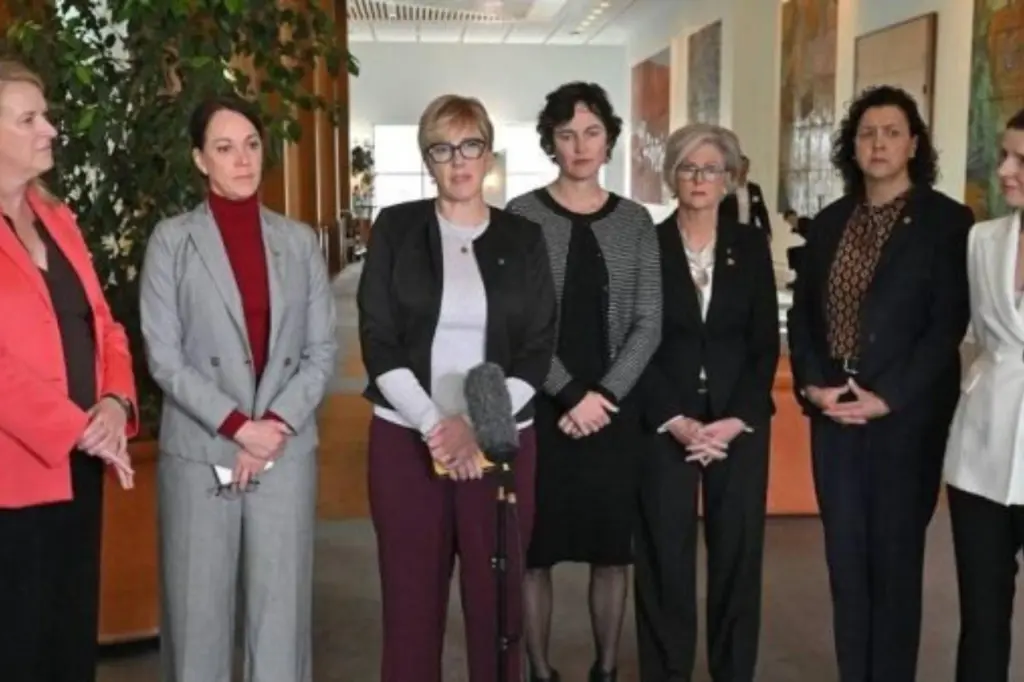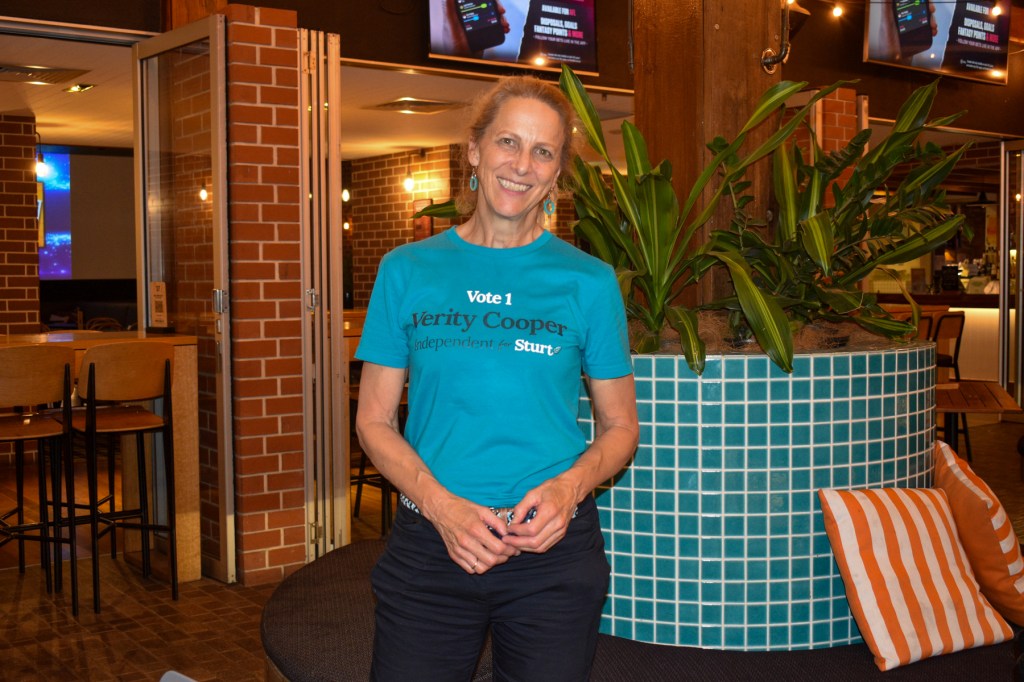A decade of dry zones: ‘We don’t know whether it works or not’
Adelaide City Council will keep the park lands dry, but may walk back 24/7 alcohol bans in two parks after hearing there’s not enough data on whether dry zone regulation actually works.
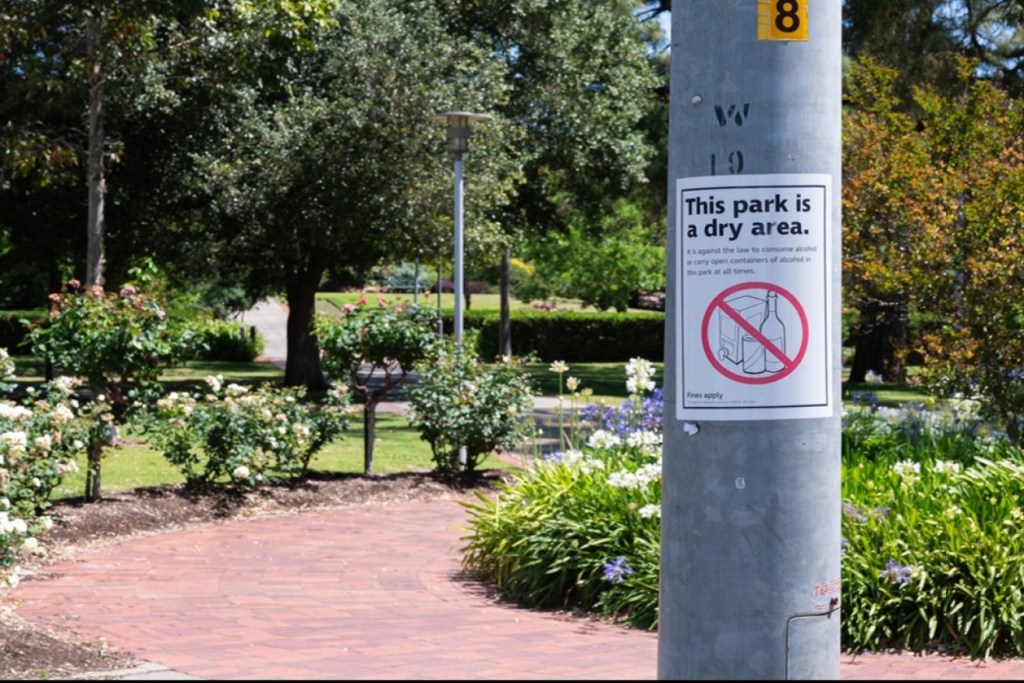
Last night, Councillor Philip Martin said it was “shocking” the council has had dry zone regulation in place for a decade and doesn’t have enough data to know if the regulation works.
Martin told the council’s City, Community Services and Culture committee that since it brought in the park lands dry zone regulation in 2014, there has been debate about “whether we’re further marginalising communities, such as homeless people and Aboriginal people, and that continues to be the issue”.
“We’re being asked to endorse the continuation of something that we don’t know whether it works or not, which is likely driving, in view of the agencies, worse outcomes for addiction and health,” Martin said.
“It’s a pretty rotten position to be, and frankly, I’m not going to support it.”
Since 2014, all Adelaide park lands have been dry zones from 8pm to 11am, seven days a week – except for Blue Gum Park/Kurangga (Park 20) and Veal Park/Walyu Yarta (Park 21).
These two southern park lands were made 24-hour dry zones in December 2019, but a new report recommends they be changed back to be consistent with the 8pm to 11am rule in the other areas.
You might like
The report commissioned by the council made nine recommendations to strengthen the regulation, collect more data and intervene early to address drivers of alcohol consumption.

A map of dry zones across the park lands. The CBD and North Adelaide’s streets and squares have been permanent 24/7 dry areas since 2001. The two parks highlighted in dark green are also 24/7 dry areas. This picture: City of Adelaide
The recommendation specifies that any changes should be supported by “robust data collection” to make sure they can track effectiveness – something that’s been lacking in the past.
“There is insufficient quantitative data available to demonstrate the regulation’s efficacy with inconsistent data collection and sharing amongst agencies since 2014 making it difficult to assess the regulation’s effectiveness,” the council documents read.
The report found there is not enough data to say if the dry zone regulation is effective, and there are mixed views about how much the regulation helps reduce alcohol-related harm and crime.
“It says there’s a very good chance, in the view of the agencies, that by banning alcohol you’re driving homeless people, disadvantaged people to perhaps other illicit drugs that are easier to conceal and you might get worse health outcomes for individuals,” Martin said.
Stay informed, daily
“It also says that by introducing the dry area rules you drive people to suburban areas where there are not the services available in the park lands, the outreach that enable in some cases, people to rehabilitate and get off the grog.”
Some key findings from the report include:
- Whether the dry zone regulation continues or is scrapped, stronger service response is needed to support people with drug and alcohol use in the park lands
- The regulation disproportionately impacts Aboriginal people visiting from rural areas, such as the APY Lands
- The regulation can displace vulnerable people who move around to avoid penalties
- Some city residents, traders and other stakeholders said the dry zone regulation makes them feel safer
- The regulation has been implemented well, with good general public awareness, but some groups like young people and visitors may be less aware of the bans
- The approach of SA Police, interagency collaboration and having culturally safe gathering places are some of the enablers to successfully implement the regulation
Councillor Janet Giles, who voted in favour of extending the dry zone regulation for another three years, said she would do so to ensure they collect the data to create a strong policy.
“My understanding is we’re continuing something in order to be able to get the data so that by the time it comes to us we’ll have a much more considered position around the complex issues,” she said.
“I think it’s ridiculous to make policy without the data and I’m also disappointed that for all this time there hasn’t been proper collection on whether or not this has had an impact and also what unintended consequences may have come from this policy as well.”
The committee voted in favour of extending the regulations that keep park lands dry for another three years and plan to adopt the report’s recommendations. This still has to pass the council meeting next week.
Since 2014, the state government has extended the dry zone regulation three times at council’s request.
Extending the dry zone regulations for another three years will have to be approved by the Consumer and Business Affairs Minister, and the council will have to work with the state government to create a plan to adopt the recommendations.


